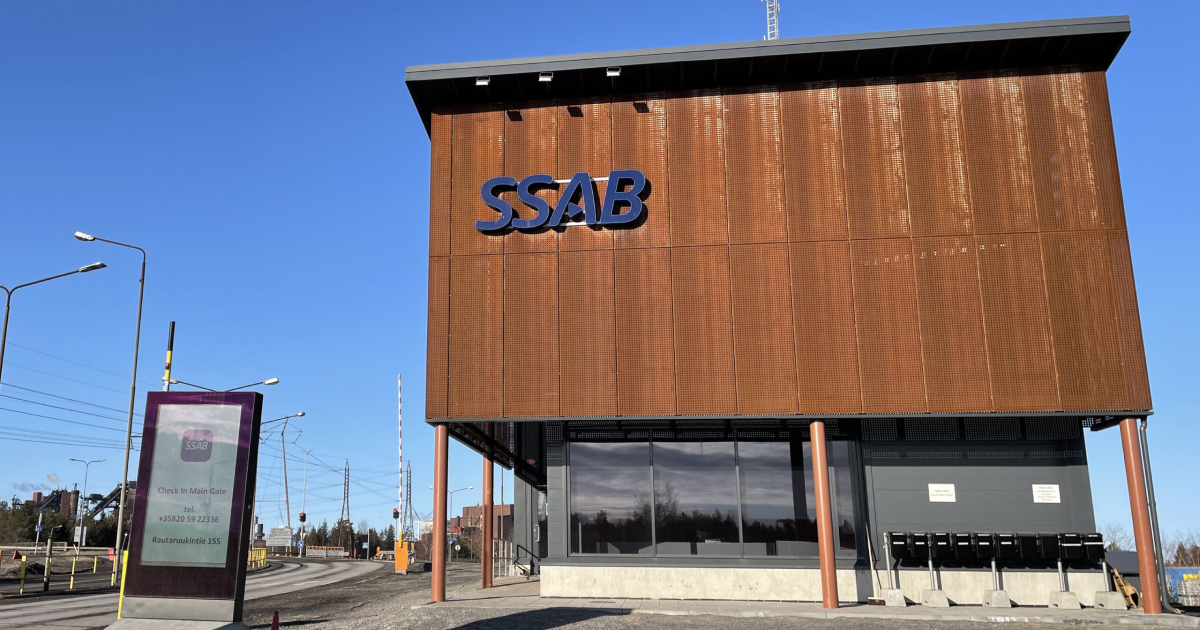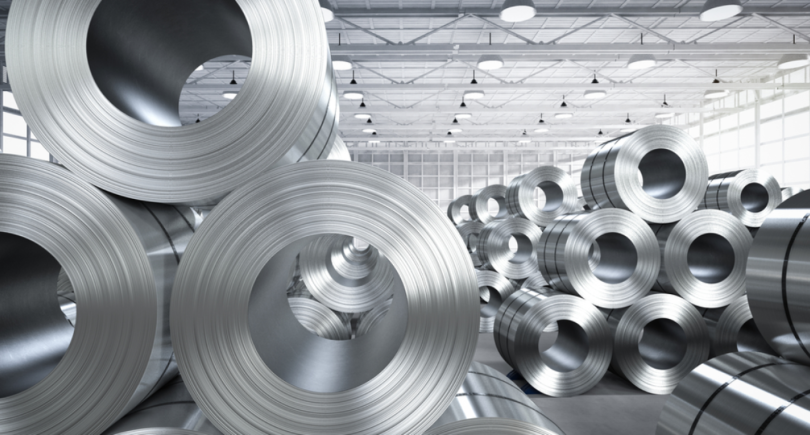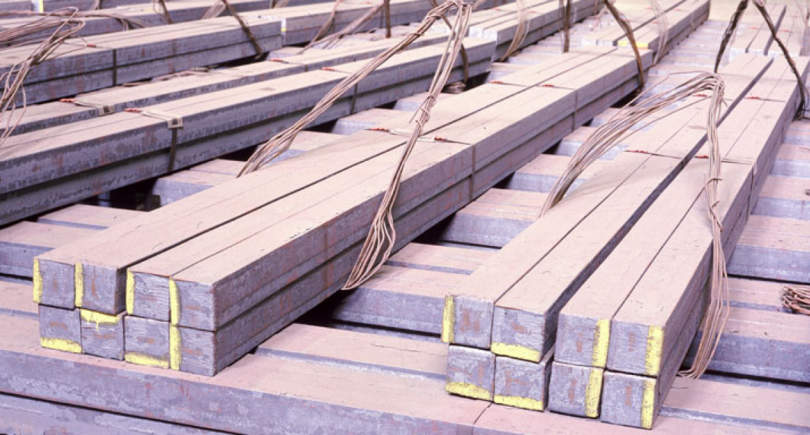
News Global Market SSAB 671 08 November 2022
In 9 months, the company increased its net revenue by 2.07 times y/y – up to 19.11 billion Swedish crowns ($1.71 billion)
In January-September 2022, the Swedish steel company SSAB reduced the production of unrefined steel by 7.5% compared to the same period last year – to 5.65 million tons. SteelOrbis reports about it.
The production of finished steel during this period decreased by 9.2% y/y – to 5.22 million tons. Steel supplies to customers reached 4.84 million tons, which is 9.1% less compared to January-September 2021.
In the third quarter, SSAB’s steel production increased by 3.8% compared to July-September 2021 – up to 1.91 million tons. The production of finished steel for three months amounted to 1.67 million tons (-5.1% y/y), and the shipment of products – 1.46 million tons (-10.4% y/y).
In January-September 2022, the net revenue of the company increased by 2.07 times compared to the same period of 2021 – up to 19.11 billion Swedish crowns ($1.71 billion). Revenues from sales increased by 43.8% y/y – up to 98.6 billion crowns ($8.85 billion). Operating revenue for 9 months amounted to 25.5 billion crowns ($2.29 billion).
“The prospects of the market are uncertain against the background of rising inflation, shortage of energy resources and risks of continuation of the war in Ukraine. The European market is expected to be weak during the fourth quarter, while the rolled steel market in North America is estimated to be relatively stable. In addition, steel sales prices will be significantly lower during the quarter compared to July-September,” the company notes.
As GMK Center reported earlier, the Swedish steel company SSAB plans to shut down one of the blast furnaces at the Finnish plant Raahe from mid-November 2022 for maintenance. The decision to cut production in the fourth quarter was made against the backdrop of a slowdown in steel demand in Europe.
European steelmakers have recently experienced difficult times. Since September, a number of steel companies have started to shut down their plants or reduce capacity to balance supply and demand. According to Fastmarkets estimates, 14-15 million tons of annual capacity in Europe were stopped.
Read more about the impact of the energy crisis on European steel producers in the infographic of GMK Center.



